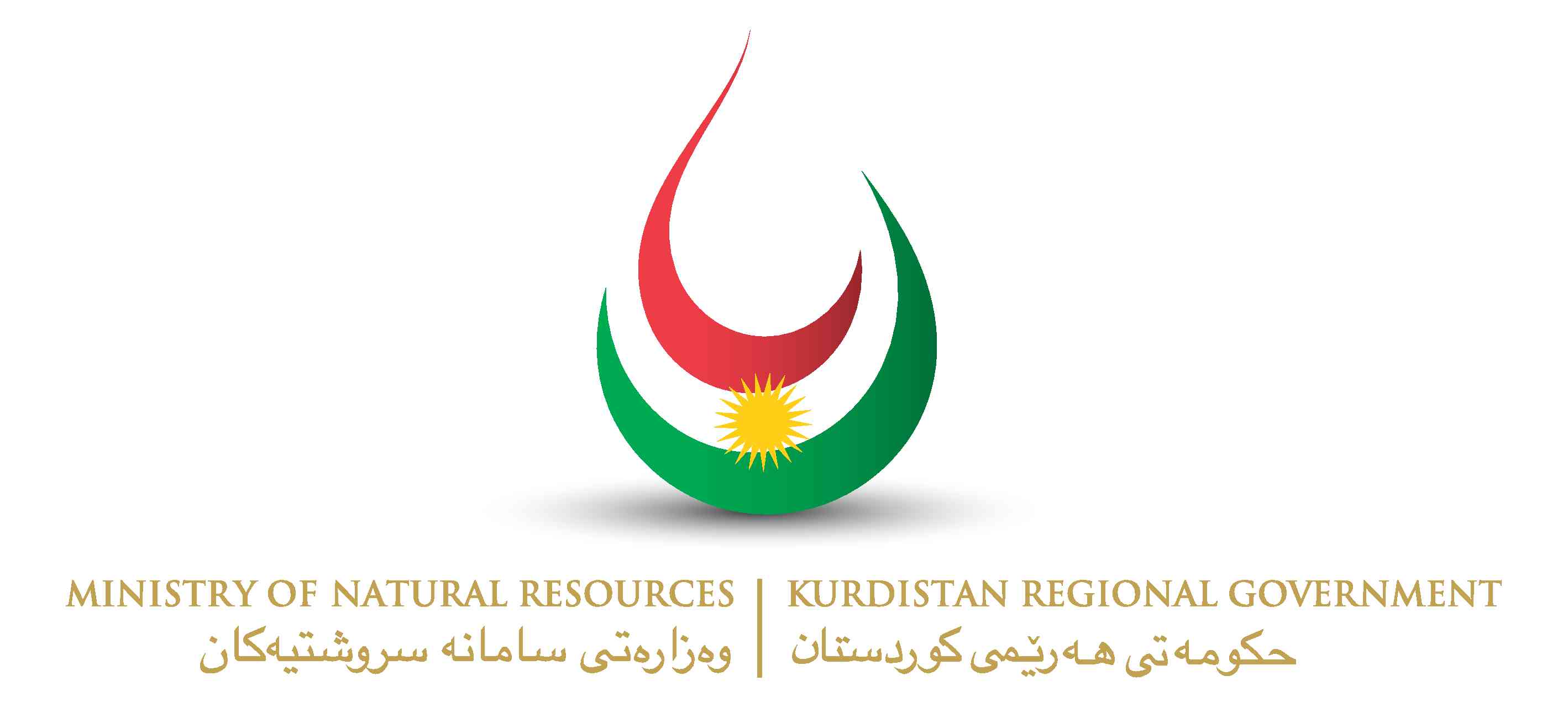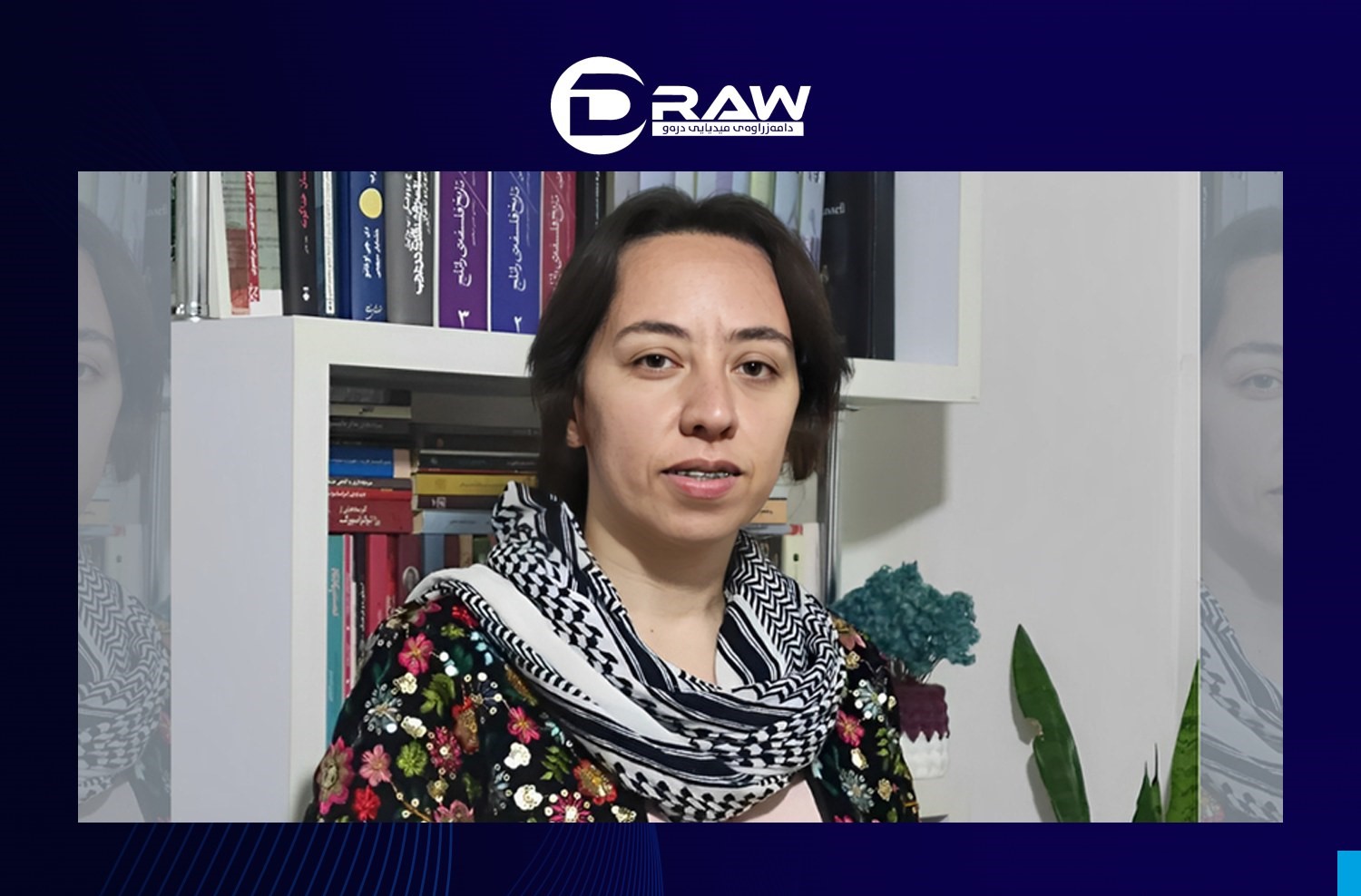The future of the Kurdistan oil pipeline
.jpg)
2024-04-15 04:48:11
Iraq’s Oil Ministry announced on Monday its intention to operate a pipeline that runs from Kirkuk to the Turkish port of Ceyhan, which will rival the more than a year-old Kurdistan Jihan line, in a move that could anger Kurdish officials and companies operating there.
“Baghdad is working to repair a pipeline that would allow it to pump 350,000 barrels per day of oil to Turkey by the end of this month,” Iraq’s deputy oil minister, Bassem Mohammed, told Reuters.
The restart of the Kirkuk-Ceyhan pipeline, which has been closed for a decade, would provide a competitive route for a pipeline from the Kurdistan Region that has been suspended for a year amid stalled talks between Baghdad and the KRG over the resumption of exports.
“The pipeline is likely to be ready to operate the flows by the end of this month, and the repair work is underway and a major crude pumping station with storage facilities has been completed,” Mohammed added.
“Repairing the damaged parts inside Iraq and completing one basic pumping station will be the first phase of operations to return the pipeline to full capacity,” he stressed.
For its part, three sources from the Baghdad-run North Oil Company said, “Crude oil test pumping began early last week to verify the pipeline parts operating inside Iraqi territory.
The sources added, Reuters, that “the Iraqi technical crews, during the past period, have speeded up the repair of the affected parts that extend from Kirkuk through the provinces of Salah al-Din and Nineveh to the border area with Turkey.”
According to the above, Reuters noted that the federal government in Baghdad will ask oil companies operating in the Kurdistan region to negotiate with it to sell their oil via the revived pipeline to Turkey, something that could anger the Kurds who are almost completely dependent on oil revenues.
“Baghdad has rejected a Kurdia’s request that the federal government pay a transit fee of $6 a barrel for Russian oil company Rosneft, which partially owns the pipeline,” two Iraqi oil officials and a government energy adviser, speaking to Reuters, on condition of anonymity, said.
“Iraqi Oil Ministry officials told the Kurdish negotiating team that they consider the agreement between the Kurdistan Regional Government and Rosneft illegal and a violation of applicable Iraqi laws,” Reuters quoted energy adviser in the Kurdistan Region as saying.


.jpg)
.jpg)

.png)

.jpg)

.jpg)

.jpg)
.jpg)